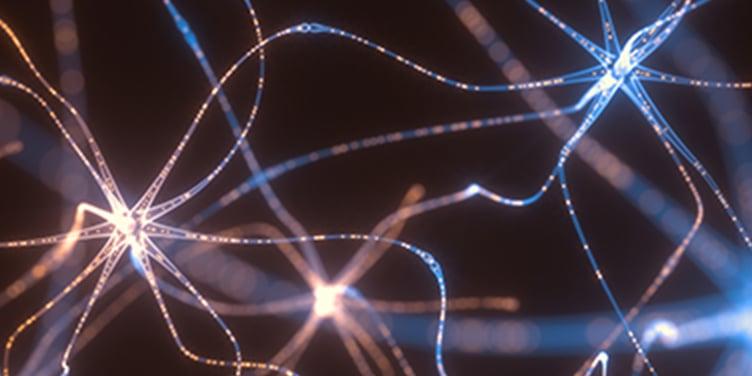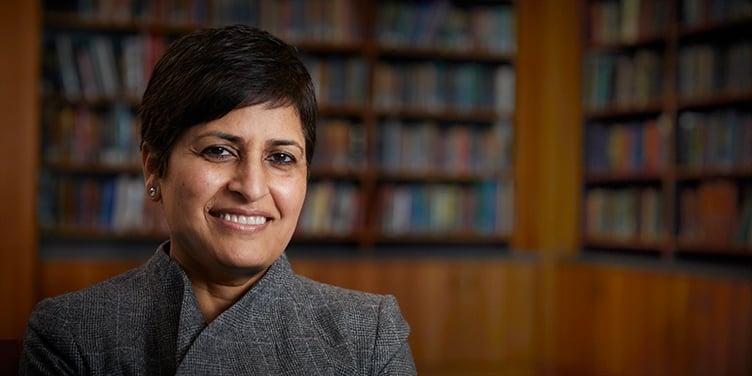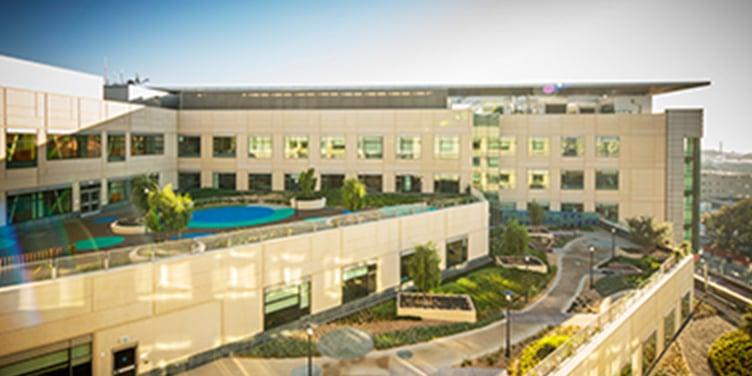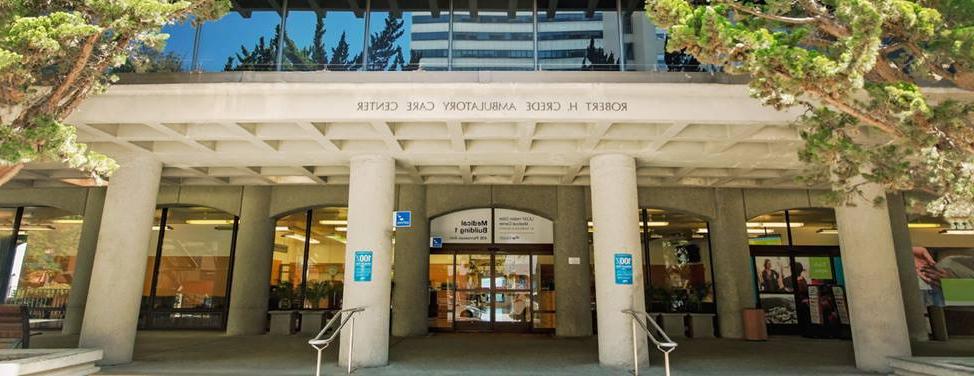肝脏是人体最大的器官. 它位于腹部的右上部分,在胃的顶部. Its many functions include:
- 加工蛋白质、脂肪和碳水化合物
- 分解有毒物质,如毒品和酒精
- 制造有助于血液凝结的化学成分
- 排出一种黄色的消化液,叫做胆汁
If your liver stops working properly, you lose the ability to clot blood after an injury and to process the nutrients needed for life. 胆汁可能积聚,引起黄疸(黄色)的眼睛和皮肤瘙痒.
Certain medications help treat liver failure symptoms, but there are no drugs that can cure it. Successful liver transplantation offers people with end-stage liver failure the chance to lead a longer, more active life.
Eligibility
A liver transplant may not be recommended if you have an infection outside the liver, a medical condition that poses a problem or if you are an active substance abuser. Please contact us for more information on UCSF Health's policy regarding liver transplants for patients with alcoholic liver disease.
Patients with a history of drug or alcohol dependency must remain drug- and alcohol-free for six months before transplant and agree to random screening tests.
People with certain types of cancer, such as metastatic carcinoma or cholangiocarcinoma (cancer of the bile ducts), or specific heart or lung conditions aren't candidates for liver transplantation.
Evaluation
The preliminary evaluation, called a phase I evaluation, is the first step in determining if transplantation is an appropriate treatment option for you. During the evaluation, the transplant team also assesses the medical factors related to your liver failure.
预约需要一整天,从早上7点开始.m. to 4 p.m., and can be very tiring. We ask that you bring at least one family member or other support person to help you process the significant amount of information you'll receive about the transplant process.
To prepare for the tests you'll undergo, 在预约前一天午夜之后不要吃或喝任何东西. 请在预约时带上这些物品:
- A snack
- Any medications you take
- Two forms of identification
- Your health insurance information
- Your medical records if you have them
Tests
在评估期间,您将接受一系列测试,包括:
- 验血来确定你的肝脏和肾脏的工作状况
- Ultrasound scan to view the blood flow to and from your liver and to look for any abnormal masses in the liver
- 胸部x光检查肺部感染和评估骨骼状况
- 做心电图检查心律是否有变化
- 肺功能测试,测量你的肺活量
You'll also be evaluated by a liver specialist, called a hepatologist, and a surgeon. The hepatologist will perform a full exam, 回顾你的健康史并讨论移植过程.
You can discuss your test results with the hepatologist and surgeon and ask any questions you have. Many patients find it helpful to write down a list of questions before the appointment.
You will also meet with a financial counselor to review your insurance information.
Living and deceased donors
Liver transplantation can be performed using a portion of liver taken from either a deceased or a living donor. After a living donor liver transplant, both the donor's remaining liver lobe and the transplanted lobe grow to full size.
Living donors allow patients to receive a transplant without the sometimes lengthy wait for a liver from a deceased donor to become available.
During the transplant evaluation, living donor transplantation will be discussed. Donors must be in good health, 血型相容,想要出于无私的原因献血. If you have a potential living donor, 他们的评估将在你完成所有测试后开始. 如果移植团队确定捐赠是有效的, 我们会为你和你的捐赠者安排一个手术日期. This process takes up to six months.
如果你将接受来自已故捐赠者的肝脏, 你会被列在全国等候名单上直到找到合适的器官. This can occur at any time, day or night. The wait for a new liver can take up to three years and you may need to repeat certain tests before your transplant.
如果肝脏移植不符合你的利益, 移植团队的成员会打电话给你讨论其他选择.
Social work support
Before your operation, a social worker will talk to you to about adjusting after the surgery. Social workers lead weekly support groups for current and former transplant recipients and their families to address a wide range of issues, 在您住院期间,我们还提供一对一的咨询服务. If needed, a social worker can arrange follow-up services and answer questions about disability.
Procedure
Liver transplant surgery lasts about four to 12 hours depending on the patient's condition. Surgery often takes longer if the patient's had previous surgeries, due to scar tissue.
During surgery, your damaged liver and gallbladder will be removed and replaced with the donor liver. 你的胆囊不是必需的,也不会被替换.
Recovery
After the transplant, you will be taken directly to the intensive care unit (ICU). 大多数病人只需要在重症监护室短暂停留.
在手术中,插入一根呼吸管来帮助你呼吸. 在大多数情况下,试管可以在手术后不久取出. Many monitoring lines are attached during surgery; these, too, 会在你变得更稳定时被移除吗. When you're ready to leave the ICU, you will be cared for in our transplant unit.
每个人从肝移植中恢复的情况都不一样. 患者通常在十大赌博平台排行榜呆5到10天. 你逗留的时间长短取决于许多因素, 包括移植时你的病情, 你手术的复杂性,如果你遇到任何并发症.
You should have a caregiver available both during your hospital stay and after discharge until you recover.
Follow-up care
Once you're discharged from the hospital, 一开始你每周都要去肝移植诊所随访. 等你康复了,你就不用那么频繁地去看十大赌博平台排行榜了. 如果你住在旧金山地区以外, you'll likely need to find temporary lodging close to UCSF for the first month after discharge.
移植后你每周要做两次血液检查. 渐渐地,这种情况会变得不那么频繁.
You'll be notified about any adjustments you need to make to your medications.
Complications and risks
Complications can occur with any surgery, 接受过器官移植的患者可能会面临额外的风险. 肝移植可能出现的并发症包括:
- Hemorrhage
One of the liver's jobs is to make clotting factors that help stop bleeding after an injury. 当肝脏功能衰竭时,产生凝血因子的能力就会受损. To correct this problem, you'll receive blood products before and after surgery. It is expected that your new liver will start working very quickly to help prevent any excessive bleeding, but it is possible that you may be returned to surgery to control the bleeding, 尤其是在移植后48小时内. - Thrombosis
If a blood clot forms in a vessel leading to or from your liver, it can injure your new liver. 这是一个严重的并发症,可能需要第二次移植. 你可能需要特殊的抗凝药物来防止血栓形成. - Rejection
你身体的免疫系统保护你免受入侵的生物. Unfortunately, it also views your new liver as foreign and will try to destroy it to protect you. This is known as rejection. To prevent this, you must take special immunosuppressive medication for the rest of your life. - Recurrent disease
一些肝脏疾病在移植后会复发. 如果与您的情况相关,您的提供者将与您讨论.
Immunosuppressive medications
Immunosuppressive medications, also known as anti-rejection medications, help prevent and treat rejection. 你将需要在你的余生中服用这些药物. Immediately after surgery, the dosages will be high since the probability of rejection is greatest at this time. 如果没有排斥反应,我们会迅速降低你的剂量.
这些药物都有副作用,其中一些与剂量有关. Patients typically experience the most side effects right after transplantation, when the dosage is highest. 随着剂量的减少,副作用可能会减轻. 副作用可能发生在一些病人身上,而不是在其他病人身上.
Be aware that anti-rejection medications also impair your body's ability to fight off infections. 十大赌博平台排行榜会给你开一些药物来预防感染, 但你需要小心,避免与感染者接触, 尤其是在移植后的前三到六个月.














